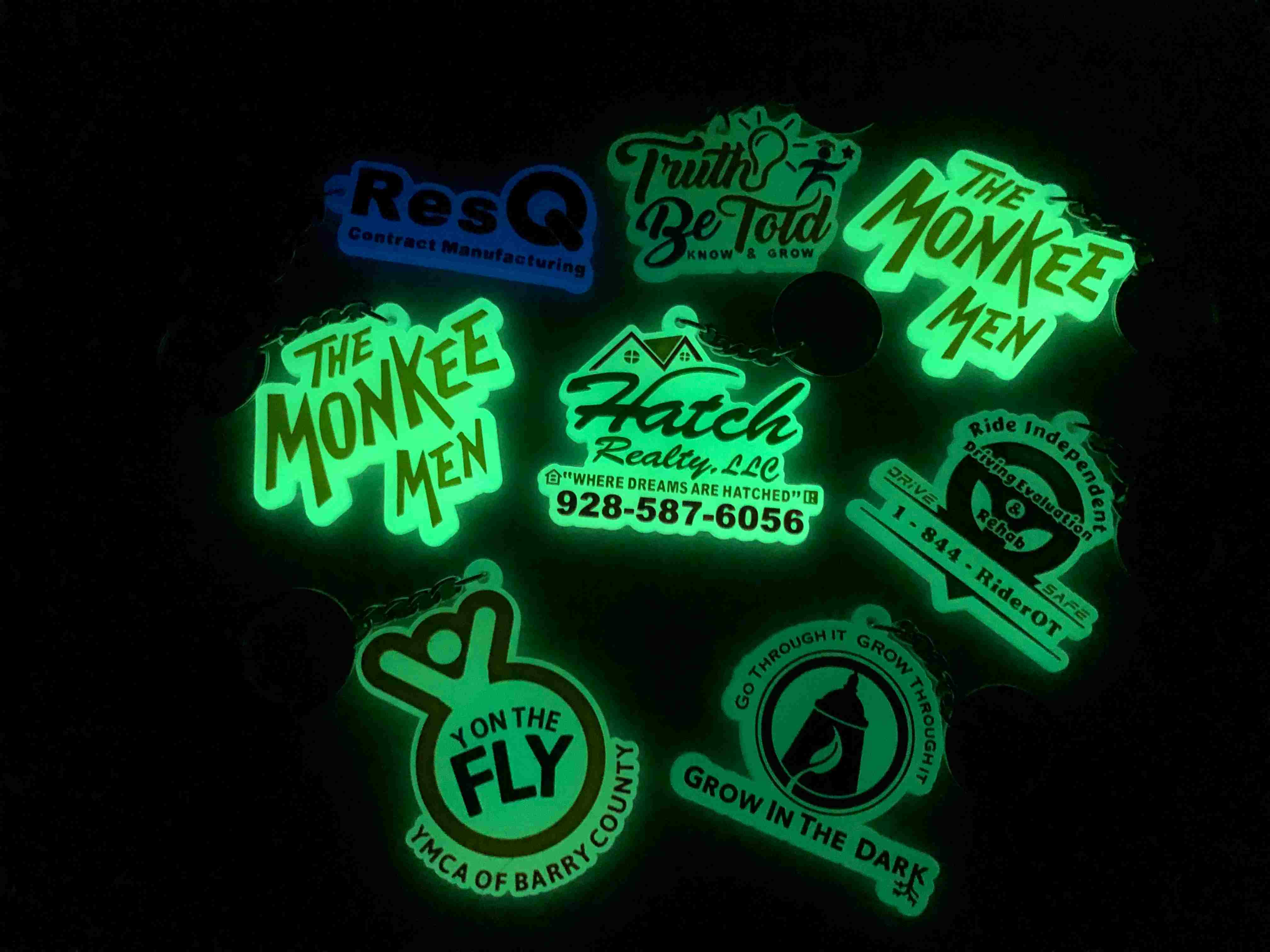The promotional products industry, valued at over $20 billion, has recently faced scrutiny due to allegations of price-fixing by several promo companies. The lawsuits filed against these companies have drawn attention to competitive practices within the industry and raised questions about the impact of potential collusion on clients and the broader market. These lawsuits, including cases reported by the Advertising Specialty Institute (ASI), underscore the importance of transparency and ethical pricing standards for sustaining trust within the promotional products sector.
Background and Industry Overview
Promotional products are essential tools for brand exposure, customer engagement, and event marketing. In an industry that thrives on competitive pricing and product variety, fair competition ensures that customers, from small businesses to large corporations, receive reasonable pricing and a diverse range of choices. According to ASI, the industry has grown steadily, with branded products generating strong returns for companies investing in this form of marketing. However, alleged price-fixing activities threaten the integrity of this competitive landscape, potentially undermining customer trust.
The allegations against certain promo companies suggest that, by controlling prices, these entities aimed to maximize profits at the expense of competitive fairness. Such actions not only impact businesses that rely on promo products but also set a precedent that could lead to a more restrictive market. Investigations and lawsuits are now underway to examine the extent of this price-fixing activity and its repercussions on clients.
Key Issues and Characteristics
Price Control Allegations: Accusations suggest that certain companies coordinated pricing strategies to maintain higher price points for similar products.
Impact on Small Businesses: Small and medium-sized enterprises (SMEs) are particularly vulnerable to inflated pricing, which can affect their marketing budgets and campaign effectiveness.
Market Manipulation: If confirmed, price-fixing practices could limit product variety and innovation by creating an artificial ceiling for product prices.
Legal Implications: Lawsuits against these companies highlight the regulatory focus on maintaining fair market practices within the promotional products sector.
Meeting Market Demand for Fair Pricing
The demand for promotional products has surged, with companies increasingly seeking affordable options for brand visibility. According to market data from ASI, promotional products account for nearly 10% of many companies' marketing budgets, reflecting their value as a cost-effective marketing tool. Livestrong, a well-known non-profit that frequently utilizes promotional items, demonstrates how organizations rely on fair pricing to reach broad audiences. For organizations like Livestrong, inflated prices due to collusion can have a significant impact, limiting the reach and effectiveness of campaigns aimed at raising awareness or funds.
With the industry under legal scrutiny, companies are pushing for more transparency and fair pricing policies. There is a notable trend toward self-regulation, with certain firms emphasizing ethical practices to restore client confidence. This shift towards transparent pricing is essential to meeting the market demand for affordable promotional products and ensuring that clients receive true value for their investments.
Case Studies
Case Study 1: Pricing Challenges for Non-Profit Campaigns
Livestrong, known for its large-scale awareness campaigns, encountered higher promotional costs during a recent initiative. Due to inflated prices from suppliers implicated in price-fixing, the campaign faced budget constraints, affecting the quantity of promotional items distributed. The case highlighted the impact of price-fixing on outreach efforts, with Livestrong reporting reduced engagement due to limited product availability.
Case Study 2: Implications for Small Business Marketing
A small business utilizing promotional items for brand outreach reported challenges with rising costs, later traced back to suppliers involved in price-fixing. As a result, the business had to reduce its promotional budget, limiting customer acquisition efforts. The incident demonstrated how such pricing practices can restrict smaller companies’ marketing options, ultimately impacting their competitiveness in the market.
User Feedback
User feedback within the promotional products industry has shown a strong preference for fair pricing and transparent business practices. Many clients have voiced concerns over the lawsuits, particularly those who rely on large quantities of promo products for events or seasonal campaigns. Feedback indicates a growing demand for suppliers who can ensure ethical practices and reliable pricing models. Customers emphasize the importance of transparency, with 85% expressing willingness to switch suppliers if it means better pricing integrity, according to a survey conducted by ASI.
Users also appreciate companies that adopt transparent pricing structures, which allow them to plan campaigns with confidence. Businesses, non-profits, and educational institutions alike report a heightened interest in suppliers that prioritize customer trust over profit margins, valuing clear communication and ethical standards as essential to long-term partnerships.
Conclusion
In conclusion, the lawsuits against promotional companies for price-fixing practices underscore the need for integrity and transparency within the industry. By fostering fair competition and upholding ethical pricing standards, the promotional products sector can continue to serve as a valuable resource for companies and organizations, ensuring sustained trust and effective marketing.















